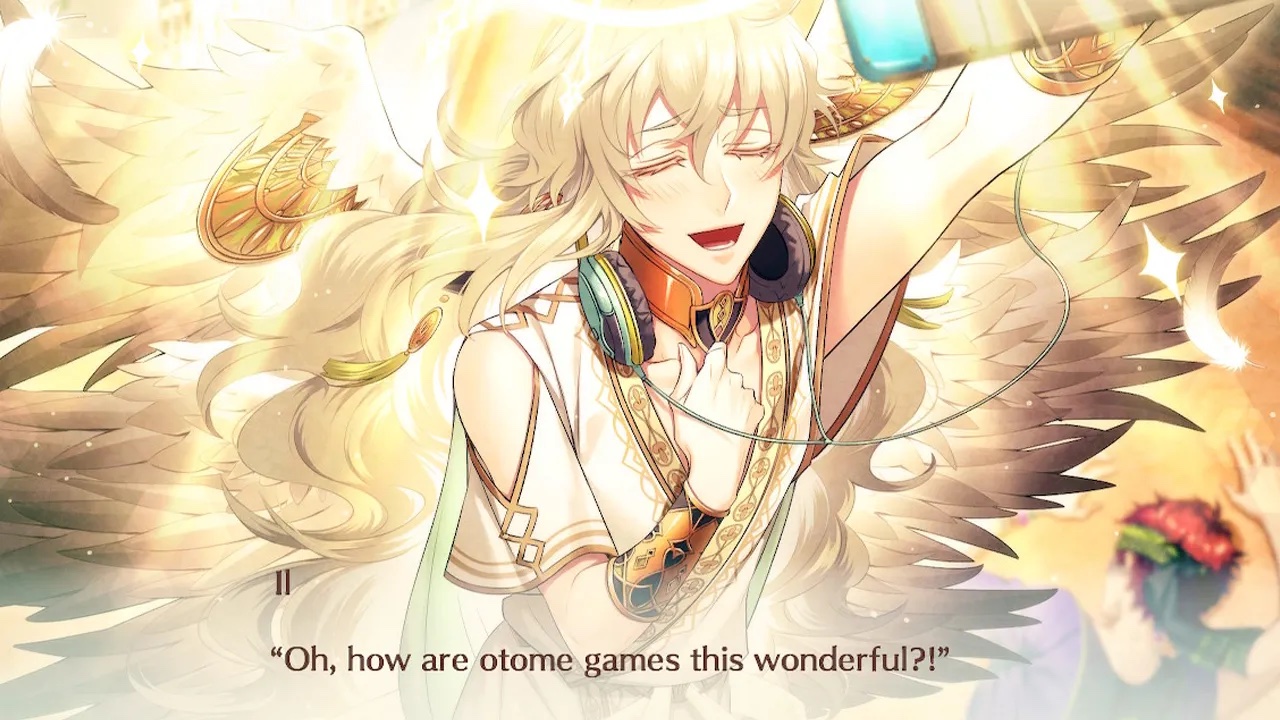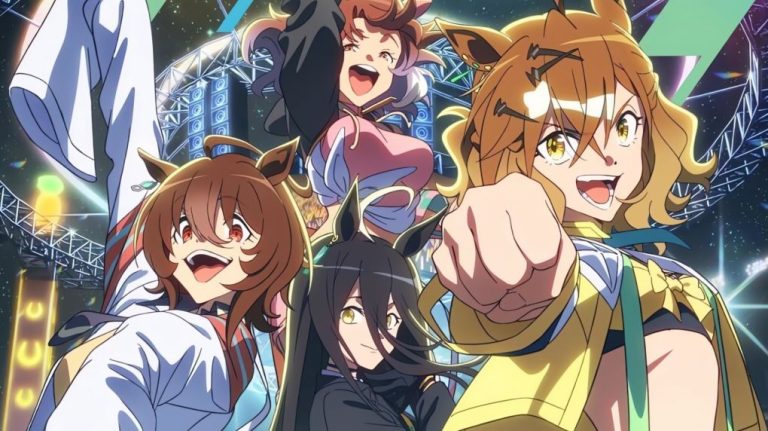A post on X (formerly known as Twitter) recently caught the attention of Japanese lovers of otome games for the unique point of view it conveys from an unexpected player.
The post in question contains an anonymous letter from a male otome game enthusiast sent via the anonymous messaging service Marshmallow, in which he explains the unique ways he enjoys the games.
Otome games (lit. maiden games) are story-based games targeted at women in which the player plays as the female protagonist, who pursues potential romantic interests among a cast of male characters. Typically, these dating games are popular with women, but there seem to be men who enjoy them as well. The anonymous otome game fan talks about what initially drew him to otome games as a guy. “I started playing simply because I found the heroine so cute, but as I played the game, I gradually switched to a playstyle of empathizing with the male characters.”
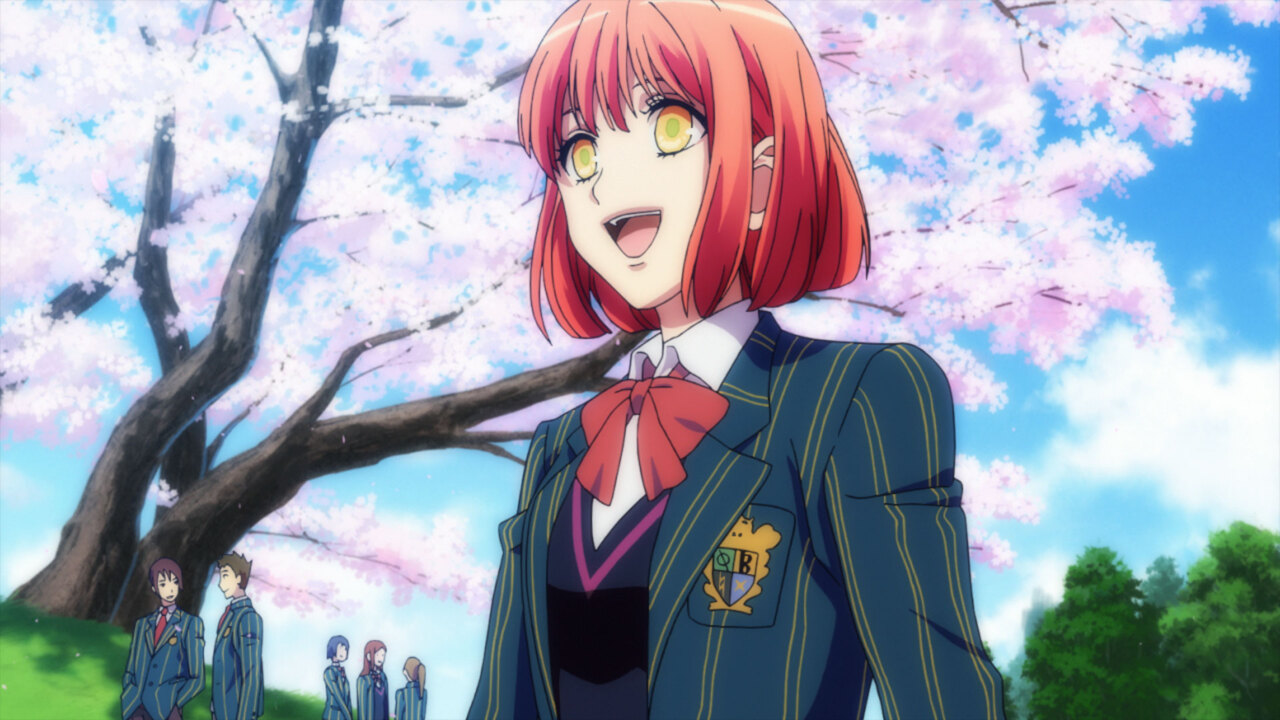
It seems as though one of the first things the player noticed was how cute the main character was. Otome games do often feature cutely designed female leads, however, in actual gameplay, the protagonist’s face is often obscured by hair or even missing facial features such as eyes for the majority of the time, which is meant to make it easier for players to project themselves onto the protagonist.
In otome games, the player often controls the main character’s actions by choosing between different actions or answers to dialogue. Different choices will result in different outcomes, pushing the game’s plot in different directions, similarly to a choose-your-own-adventure book. Certain paths chosen by the player will result in an increase or decrease in affection with the romantic interests. Players can pursue the love interest of their choice by going down their route, i.e., making choices that will move the plot to focus on the relationship with the chosen character.
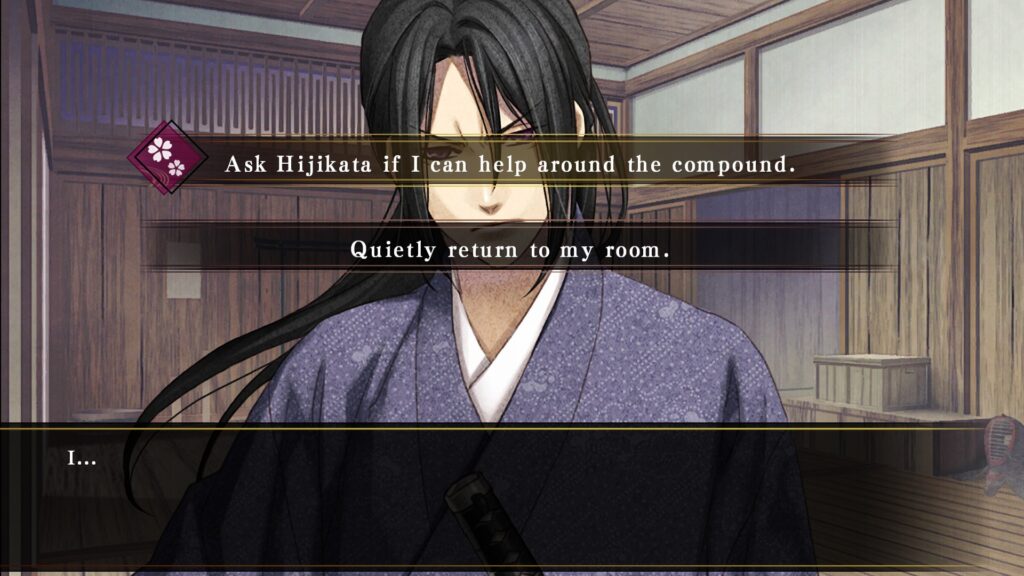
The anon goes on to name some of the male characters with which he could sympathize with in particular, such as Ittoki Otoya and Hayato Ichinose from Uta no Prince-Sama, an idol-themed otome game. He explains how he could relate to the way the characters felt fearful of the girl they love leaving their side and becoming unreachable, fueling their desire for her further. Next, he also mentions Hajime Saito from Hakuoki, a historical fantasy otome game set in the Edo period. He writes about how he finds it captivating that Hajime’s brain seems to only work for battle, leaving him awkward in all other fields, yet he still protects the woman he loves in his own clumsy way. He likens the experience of playing Hakuoki to that of watching Kamen Rider. The ability to empathize with the weaknesses and quirks of the male characters as well as enjoy their strengths seemed to be a point of interest for him.
The anonymous player also explains that he feels like he’s a male friend of the heroine, evaluating which of the guys he can accept her being in a relationship with, rather than assuming the role of the protagonist. “For male characters I feel like there’s a lot of guy characters that I don’t like for the heroine, like ones that seem to not have friends or are arrogant, unfriendly or extremely selfish. I always think, “That’s why no one understands you!” or “I can’t trust this guy with the main character!”
The anon makes his last point, stating, “For guys who play otome games, I’d say about 70% of them find excitement in the heroine being taken away from them by another guy. They’re like “You didn’t go for me so you better be happy with this dude!,” feeling enjoyment from the defeat. I think guys playing these games evaluate the male characters much more strictly than the female characters.”
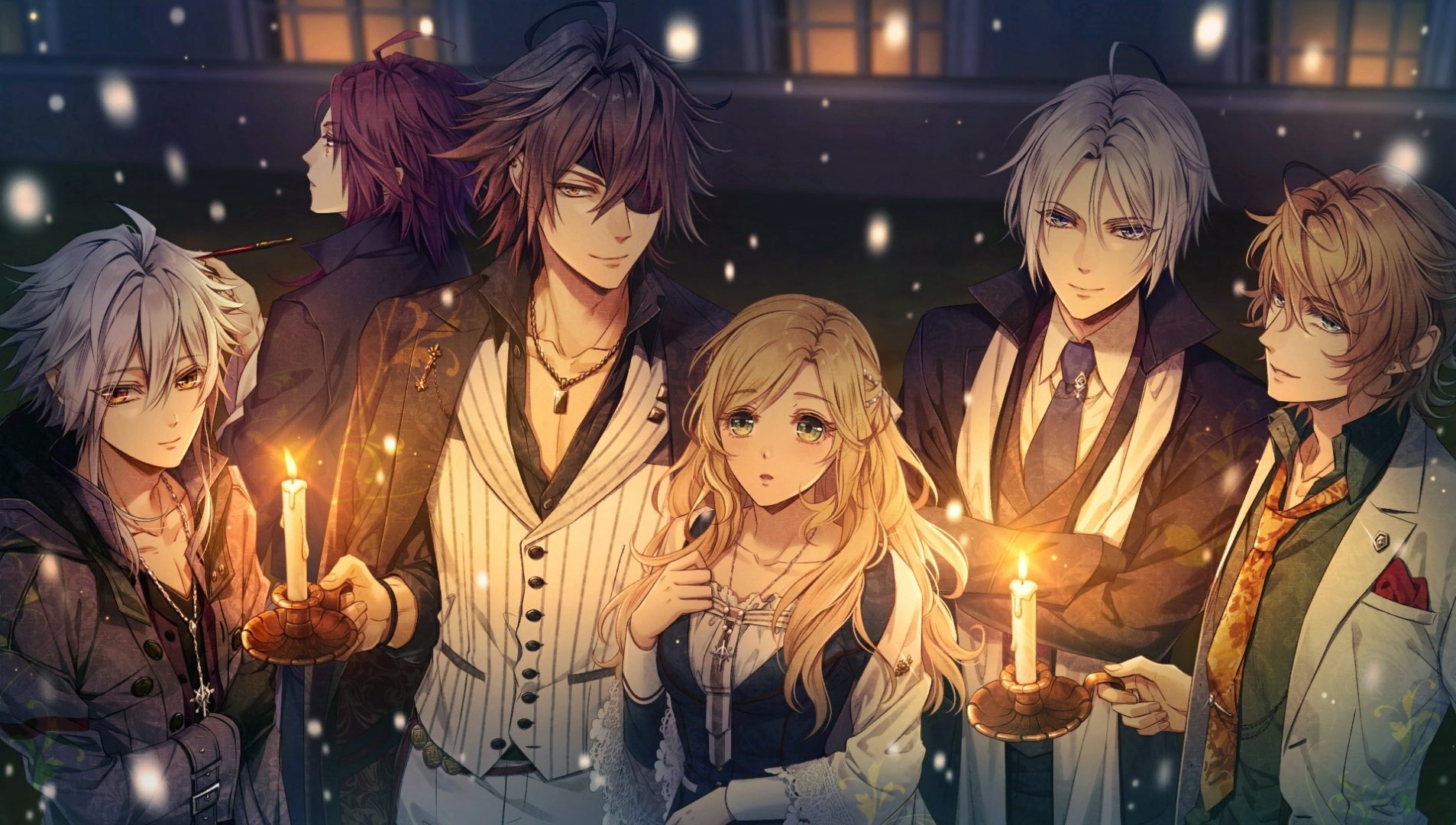
Given that the target players of otome games aren’t usually men, it’s a bit of a rarity to see male fans of the genre. Users seem to have found the post to be an insightful look into the mind of men who enjoy these games. Many found the male player’s opinion to be quite interesting and could relate to the reasoning behind the anonymous male’s playing style. One user posted, “I identify with this type of playing so much. I don’t engage from a male point of view, but rather I see the heroine from the position of a good friend. What kind of man can I entrust her to? I tend to play with a mindset such as, “Is there a man who can take care of her? I’d like to find a man who can make her happy.” Another user shared a similar opinion of just wanting the best for the main character, posting, “I also play thinking of the heroine as a close friend so I can’t root for characters with bad personalities. I definitely get what you mean…” A male user also commented, “An interesting opinion from a different point of view than my own! I’m a guy who’s never played otome games, but I occasionally read manga. I find that female-oriented works go more in-depth and are more visceral with psychological descriptions than works targeted at men, and sometimes these kind of descriptions are what I want to read.”
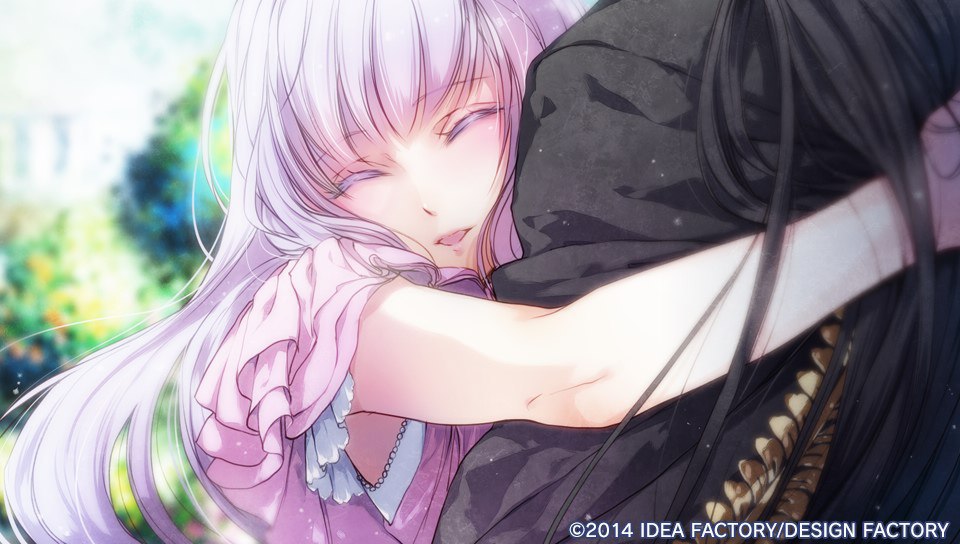
It seems that many otome game players aren’t thinking of the main character as themselves or as a target of their own affection, but instead are thinking of the heroine as more of a best friend who’s romance they are supporting and rooting for. Playing with the idea that the player doesn’t necessarily have to be the main character, but is instead watching the protagonist’s story play out based on their choices makes it easy to see how these types of games can become popular regardless of the player’s gender.
This kind of playstyle is less likely in the male-targeted counterpart of otome games called bishoujo games. In bishojo games, the border between the player and the male protagonist is completely erased, as the games try to create a feeling of the player pursuing the female love interests directly as much as possible. While otome games do help immerse the player into the role of the main character, they aren’t meant to be her, as she has her own personality traits. On the other hand, bishoujo games tend to focus very little on their male protagonist’s personality and appearance, with most of them having similar hairstyles in natural hair colors, and rarely getting to grace the box art of their game.
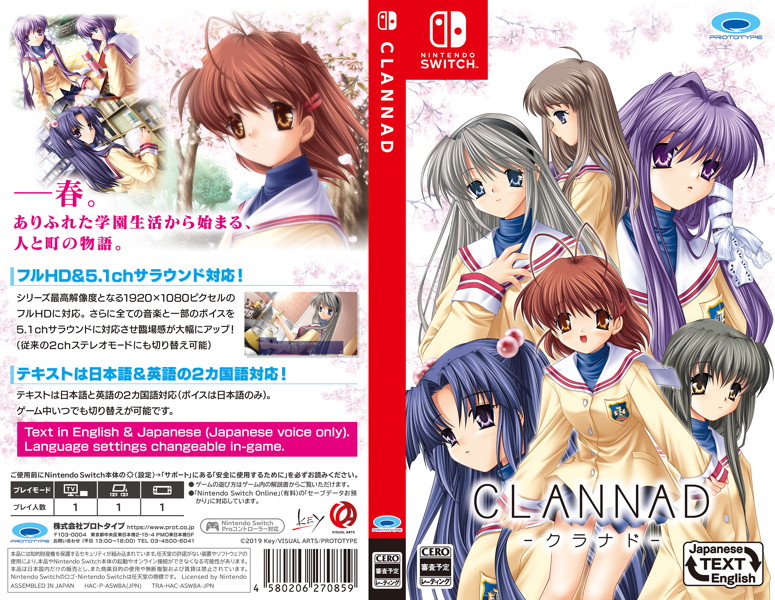
Inspired by the male player’s letter, another male fan decided to post his opinion about the differences between bishoujo games and otome games. “On the other hand, there are many Otome games that, for better or for worse, have heavy storylines and settings (although it may be that I choose to play only such games)! I like the fact that otome games have such convincing endings that you end up thinking that no other coupling can be possible in the game anymore.”
While men may not be the target audience for otome games, there are quite a few male players who enjoy playing them regardless. It seems that the detailed plot of these games is what keeps male players interested. Both male and female players seem to find the relatable personalities of the male characters and a cute, likable heroine to make for an enjoyable gaming experience.

